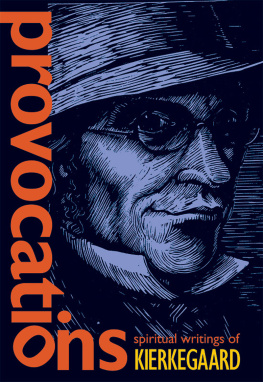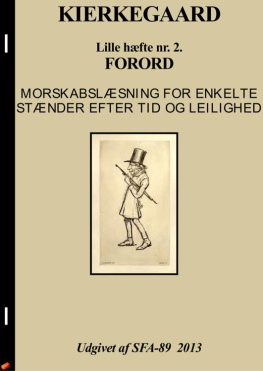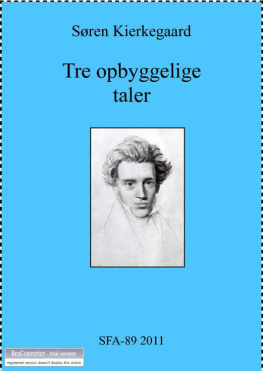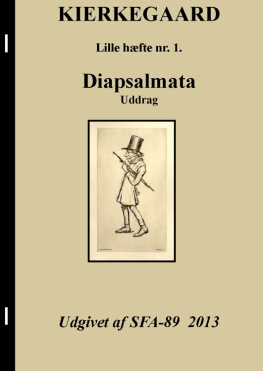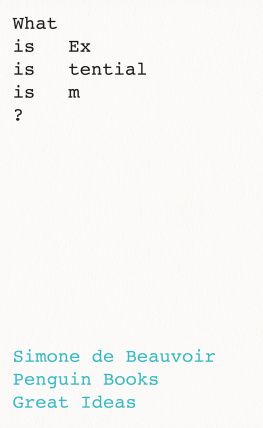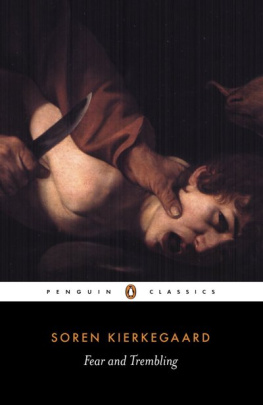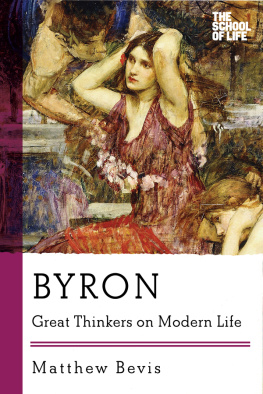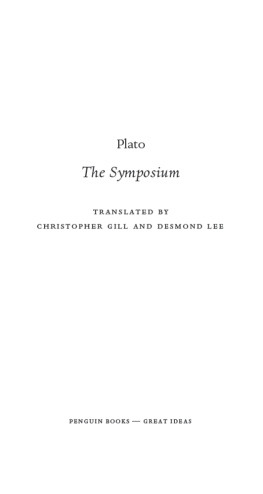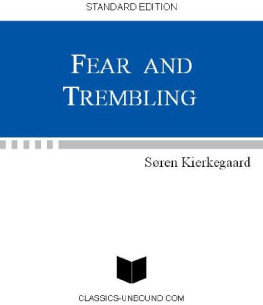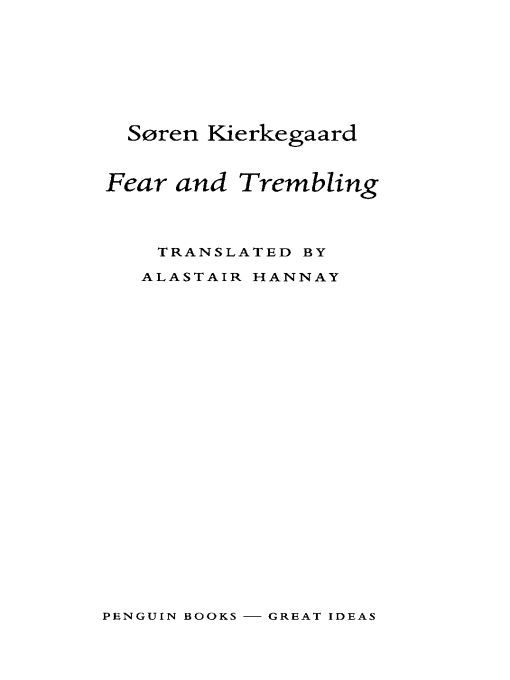Table of Contents
Sren Kierkegaard
1813-1855
Fear and Trembling
What Tarquin the Proud said in his garden with the poppy blooms was understood by the son but not by the messenger.
HAMANN
Preface
Not just in commerce but in the world of ideas too our age is putting on a veritable clearance sale. Everything can be had so dirt cheap that one begins to wonder whether in the end anyone will want to make a bid. Every speculative score-keeper who conscientiously marks up the momentous march of modem philosophy, every lecturer, crammer, student, everyone on the outskirts of philosophy or at its centre is unwilling to stop with doubting everything. They all go further. It would perhaps be malapropos to inquire where they think they are going, though surely we may in all politeness and respect take it for granted that they have indeed doubted everything, otherwise it would be odd to talk of going further. This preliminary step is one they have all of them taken, and presumably with so little effort as to feel no need to drop some word about how; for not even someone genuinely anxious for a little enlightenment on this will find such. Not a gesture that might point him in the right direction, no small dietary prescription for how to go about such a huge task. But Descartes did it, didnt he? A venerable, humble, honest thinker whose writings surely no one can read without being most deeply stirred - Descartes must have done what he has said and said what he has done. A rare enough occurrence in our own time! Descartes, as he himself repeatedly insists, was no doubter in matters of faith. ([B]ut we must keep in mind what has been said, that we must trust to this natural light only so long as nothing contrary to it is revealed by God himself ... Above all we should impress on our memory as an infallible rule that what God has revealed to us is incomparably more certain than anything else; and that we ought to submit to the Divine authority rather than to our own judgement even though the light of reason may seem to us to suggest, with the utmost clearness and evidence, something opposite [from Principles 28 and 76 of Principles of Philosophy].) Descartes has not cried Fire! and made it everyones duty to doubt, for Descartes was a quiet and lonely thinker, not a bellowing streetwatch; he was modest enough to allow that his method was important only for himself and sprang partly from his own earlier bungling with knowledge. (Thus my design here is not to teach the Method which everyone should follow in order to promote the good conduct of Reason, but only to show in what manner I have endeavoured to conduct my own ... But so soon as I had achieved the entire course of study [that is, of his youth - Johannes de silentios interpolation] at the close of which one is usually received into the ranks of the learned, I entirely changed my opinion. For I found myself embarrassed with so many doubts and errors that it seemed to me that the effort to instruct myself had no effect other than the increasing discovery of my own ignorance [Discourse on the Method of Rightly Conducting the Reason and Seeking the Truth in the Sciences ].) - What those old Greeks, whom one must also credit with a little knowledge of philosophy, took to be the task of a whole lifetime, doubt not being a skill one acquires in days and weeks; what the old veteran warrior achieved after keeping the balance of doubt in the face of all inveiglements, fearlessly rejecting the certainties of sense and thought, incorruptibly defying selfish anxieties and the wheedling of sympathies - that is where nowadays everyone begins.
Today nobody will stop with faith; they all go further. It would perhaps be rash to inquire where to, but surely a mark of urbanity and good breeding on my part to assume that in fact everyone does indeed have faith, otherwise it would be odd to talk of going further. In those old days it was different. For then faith was a task for a whole lifetime, not a skill thought to be acquired in either days or weeks. When the old campaigner approached the end, had fought the good fight, and kept his faith, his heart was still young enough not to have forgotten the fear and trembling that disciplined his youth and which, although the grown man mastered it, no man altogether outgrows - unless he somehow manages at the earliest possible opportunity to go further. Where these venerable figures arrived our own age begins, in order to go further.
The present author is no philosopher, he has not understood the System, nor does he know if there really is one, or if it has been completed. As far as his own weak head is concerned the thought of what huge heads everyone must have in order to have such huge thoughts is already enough. Even if one were able to render the whole of the content of faith into conceptual form, it would not follow that one had grasped faith, grasped how one came to it, or how it came to one. The present author is no philosopher, he is poetice et eleganter [to put it in poetic and well-chosen terms], an occasional copyist who neither writes the System nor makes any promises about it, who pledges neither anything about the System nor himself to it. He writes because for him doing so is a luxury, the more agreeable and conspicuous the fewer who buy and read what he writes. In an age where passion has been done away with for the sake of science he easily foresees his fate - in an age when an author who wants readers must be careful to write in a way that he can be comfortably leafed through during the after-dinner nap, and be sure to present himself to the world like the polite gardeners boy in the Advertiser who, hat in hand and with good references from his previous place of employment, recommends himself to a much-esteemed public. He foresees his fate will be to be completely ignored; has a dreadful foreboding that the scourge of zealous criticism will more than once make itself felt; and shudders at what terrifies him even more, that some enterprising recorder, a paragraph swallower who to rescue learning is always willing to do to others writings what, to preserve good taste, Trop nobly did to The Destruction of the Human Race, will slice him into sections as ruthlessly as the man who, in the service of the science of punctuation, divided up his speech by counting the words and putting a full-stop after every fifty and a semi-colon after every thirty-five. No, I prostrate myself before any systematic bag-searcher; this is not the System, it hasnt the slightest thing to do with the System. I wish all good on the
System and on the Danish shareholders in that omnibus; for it will hardly become a tower. I wish them good luck and prosperity one and all.
Respectfully
Johannes de silentio
Attunement
There was once a man; he had learned as a child that beautiful tale of how God tried Abraham, how he withstood the test, kept his faith and for the second time received a son against every expectation. When he became older he read the same story with even greater admiration, for life had divided what had been united in the childs pious simplicity. The older he became the more often his thoughts turned to that tale, his enthusiasm became stronger and stronger, and yet less and less could he understand it. Finally it put everything else out of his mind; his soul had but one wish, actually to see Abraham, and one longing, to have been witness to those events. It was not the beautiful regions of the East, nor the earthly splendour of the Promised Land, he longed to see, not the God-fearing couple whose old age God had blessed, not the venerable figure of the patriarch stricken in years, not the youthful vigour God gave to Isaac - it would have been the same if it had taken place on a barren heath. What he yearned for was to accompany them on the three-day journey, when Abraham rode with grief before him and Isaac by his side. He wanted to be there at that moment when Abraham raised his eyes and saw in the distance the mountain in Moriah, the moment he left the asses behind and went on up the mountain alone with Isaac. For what occupied him was not the finely wrought fabric of imagination, but the shudder of thought.


